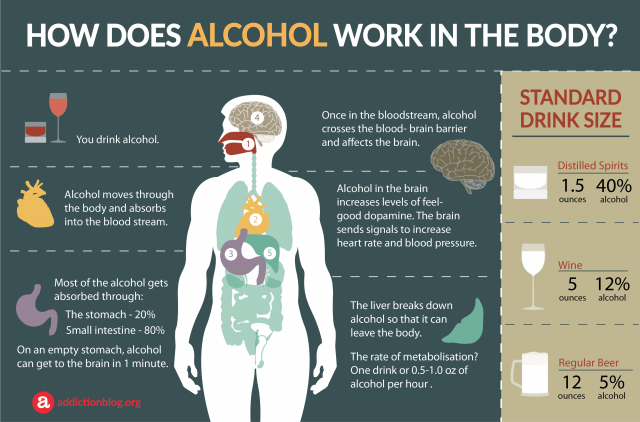Uncover the science behind alcohol metabolism and how your body processes alcohol differently, affecting your overall alcohol tolerance.

Image courtesy of Anete Lusina via Pexels
Table of Contents
Picture this: you’re at a social gathering, enjoying a couple of beers with friends, when the question arises – how many beers does it take to get drunk? It’s a common query among those who consume alcohol, yet the answer isn’t as straightforward as you might think. Delving into the science behind alcohol metabolism, individual tolerance levels, and various factors influencing intoxication can help shed light on this intriguing question.
Alcohol Metabolism and Intoxication
When you consume alcohol, your body goes through a complex process to metabolize it. Alcohol is primarily broken down in the liver, where enzymes work to convert it into acetaldehyde and then into acetate. These byproducts are eventually eliminated from the body through urine and respiration. The rate at which alcohol is metabolized varies from person to person and can be influenced by factors such as age, weight, and gender.
Alcohol absorption can also be affected by the presence of food in your stomach. Consuming alcohol on an empty stomach may lead to quicker absorption and a faster onset of intoxication. Additionally, the concentration of alcohol in your drink and the speed at which you consume it can impact how quickly you feel its effects.
As alcohol is absorbed into your bloodstream, it begins to affect your central nervous system, leading to the familiar feelings of relaxation, lowered inhibitions, and impaired coordination. The effects of alcohol on the body and brain can vary depending on the individual’s tolerance level and overall health.
Individual Tolerance Levels
Genetics play a significant role in determining a person’s alcohol tolerance. Some individuals may have genetic variations that affect how their bodies metabolize alcohol, leading to differences in how quickly they become intoxicated. Regular alcohol consumption can also impact tolerance levels, as frequent drinkers may develop a higher tolerance over time.
Assessing your own alcohol tolerance can be a valuable tool in understanding how alcohol affects you personally. It’s important to listen to your body and recognize when you’ve reached your limit. Remember, tolerance levels can fluctuate based on various factors such as stress, fatigue, and overall health.
Factors Influencing Intoxication
Food consumption can significantly influence how alcohol affects your body. Eating a meal before drinking can slow down alcohol absorption and help mitigate the effects of intoxication. Additionally, drinking water between alcoholic beverages can help prevent dehydration and lessen the impact of alcohol on your system.

Image courtesy of addictionblog.org via Google Images
The type and strength of alcohol you consume can also play a role in how quickly you become intoxicated. Liquors with higher alcohol content, such as spirits, can lead to faster intoxication compared to beer or wine. Mixing alcohol with other substances, such as medications or illicit drugs, can have dangerous consequences and should be avoided.
Conclusion
As you navigate the world of alcohol consumption, it’s crucial to understand the science behind alcohol metabolism and intoxication. By recognizing the factors that influence how many beers it takes to get drunk, you can make informed decisions about your drinking habits. Remember to drink responsibly, know your limits, and prioritize your health and safety above all else.
FAQ
Question 1: How long does it take for the body to metabolize alcohol?
Answer 1: On average, it takes about one hour for the body to metabolize one standard drink. Factors like weight, gender, and liver health can influence this process.
Question 2: Does drinking on an empty stomach lead to faster intoxication?
Answer 2: Yes, consuming alcohol on an empty stomach can lead to quicker absorption and a faster onset of intoxication due to fewer barriers in the digestive system.
Question 3: Can genetics impact alcohol tolerance?
Answer 3: Yes, genetics play a significant role in determining a person’s alcohol tolerance. Some individuals may have genetic variations that affect how their bodies metabolize alcohol.
Question 4: What can I do to prevent dehydration while drinking?
Answer 4: Drinking water between alcoholic beverages can help prevent dehydration and lessen the impact of alcohol on your system. Always remember to stay hydrated and consume water alongside alcohol.
Generated by Texta.ai Blog Automation
Leave a Reply